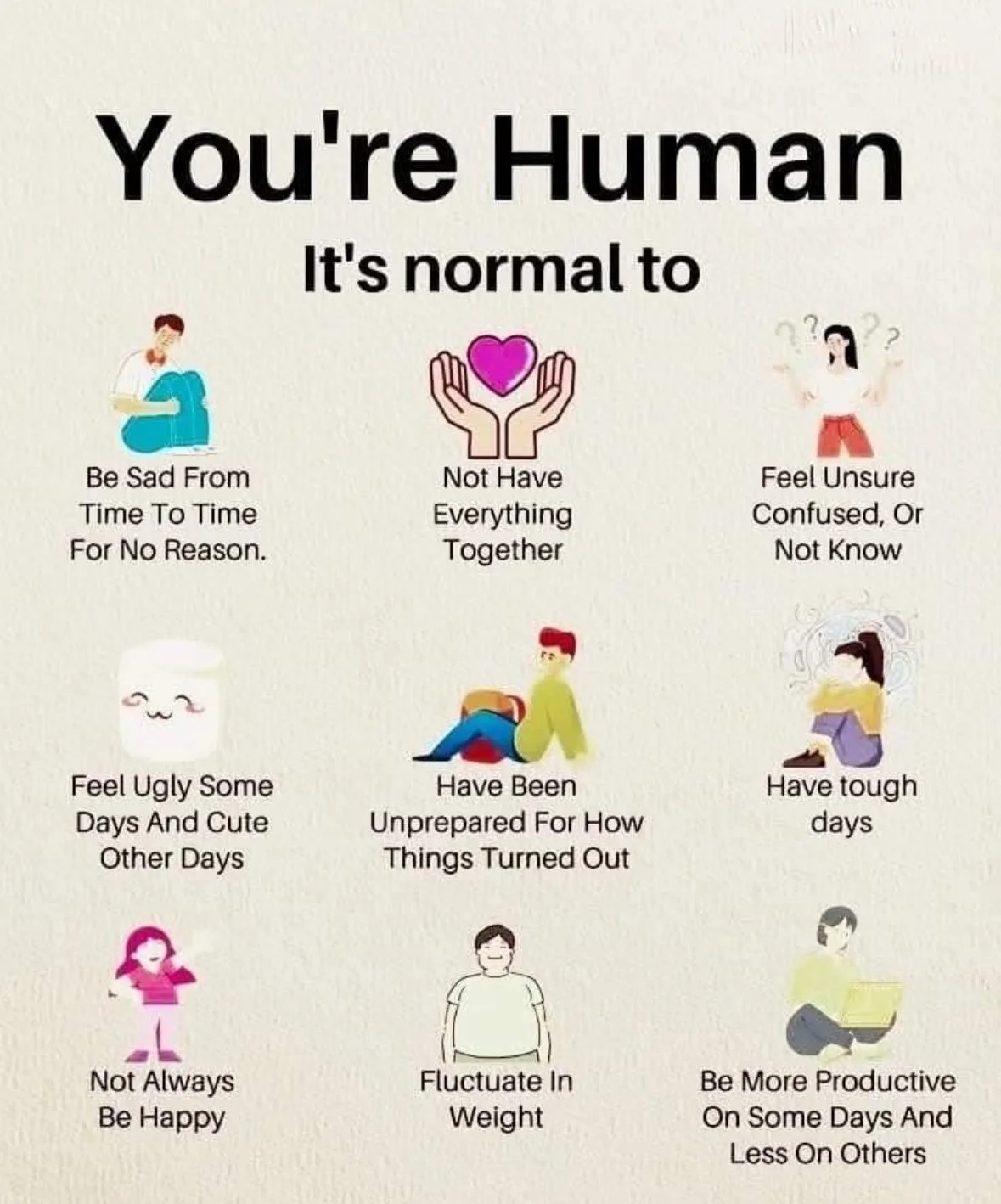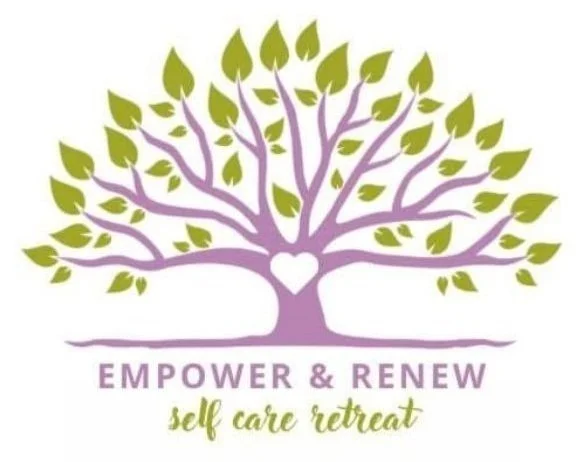The Pressure of Perfection in Modern Society
The Role of Validation and Its Impact on Mental Health
In today's fast-paced, image-driven society, the expectation of perfection has become alarmingly prevalent. It’s no longer "normal" to simply be yourself without feeling the pressure to constantly improve, perform, or present an idealised version of who you are. This relentless pursuit of perfection affects how people perceive themselves and their worth, and at the heart of this dynamic lies the crucial role of validation.
The Rise of Perfectionism
Social media, professional competition, and societal standards have amplified the idea that success equates to flawlessness. We see curated, polished versions of other people's lives on a daily basis, often leading us to compare ourselves unfairly. The result is a growing sense that anything less than perfect is unacceptable. The need to look perfect, act perfect, and succeed in all areas of life places an immense burden on individuals, especially those already struggling with self-esteem or life challenges.
Validation: A Double-Edged Sword
Validation is deeply intertwined with this need for perfection. On one hand, seeking validation is a natural human desire. Feeling seen, understood, and accepted by others reinforces our sense of self-worth and belonging. However, in a society that prices perfection, external validation often becomes the benchmark for self-value. When the approval of others hinges on achieving unrealistic standards, it fosters a cycle of stress, anxiety, and dissatisfaction.
For example, someone may post an image on social media seeking validation through likes and comments. If the response falls short, it can lead to feelings of rejection, inadequacy, and even shame. The constant need for external affirmation undermines self-compassion, making it harder for individuals to accept themselves as they are—imperfect but still valuable.
The Impact on Mental Health
This dynamic of seeking perfection and relying on external validation can significantly impact mental health. Anxiety, depression, and burnout are common consequences of striving to meet impossible standards. When individuals measure their worth by how others perceive them, they often lose sight of their intrinsic value and unique qualities. Over time, this can erode self-esteem and create chronic emotional distress.
Moreover, the lack of validation, or receiving only conditional validation based on achievements or appearance, leaves individuals feeling isolated or not "good enough." Without unconditional acceptance, people may develop a fear of failure or rejection, which stifles personal growth and authentic self-expression.
Moving Towards Self-Compassion
As counsellors, one of the most important roles we play is helping clients recognise that perfection is neither attainable nor necessary. Encouraging clients to seek internal validation, rooted in self-compassion and acceptance, is key to improving mental health. By shifting the focus from external approval to self-acceptance, individuals can begin to break free from the chains of perfectionism and cultivate a healthier, more balanced view of themselves.
In today’s society, it may not feel “normal” to embrace imperfection, but it is essential for mental well-being. Validating your own worth—without relying on societal standards—is the first step toward healing and living a more authentic, fulfilling life.
Maybe you consider to work on your own wellbeing and self-worth a little more? A perfect start can be our one day workshop on Self-Care and Boundaries! Find out more below!


